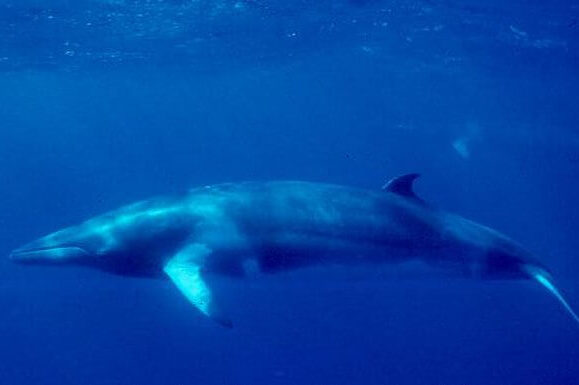
After a decade of negotiations, nations have finally reached a significant agreement to protect the world’s oceans. The High Seas Treaty, which was agreed upon at UN headquarters in New York following 38 hours of talks, aims to safeguard and restore marine nature by putting 30% of the seas into protected areas by 2030. This agreement is essential to address the significant risks posed by climate change, overfishing, and shipping traffic to marine life living outside protected areas. The last international agreement on ocean protection was signed 40 years ago, establishing an area called the high seas, where all countries have the right to fish, ship, and conduct research. Unfortunately, only 1.2% of these waters are protected.
The High Seas Treaty establishes marine protected areas in these high seas, which will help achieve the global goal of protecting 30% of the world’s oceans made at the UN biodiversity conference last year. These areas will put limits on fishing, shipping lanes, and exploration activities like deep-sea mining. Mining processes can disturb animal breeding grounds, create noise pollution and be toxic for marine life. The International Seabed Authority has assured that any future deep-sea mining activity will be subject to strict environmental regulations and oversight to ensure that they are carried out sustainably and responsibly.
The sharing of marine genetic resources has been a significant issue during the negotiations. Richer nations have the resources and funding to explore the deep ocean, but poorer nations want to ensure any benefits they find are shared equally.
Dr Robert Blasiak, ocean researcher at Stockholm University, said the challenge was that no one knows how much ocean resources are worth and therefore how they could be split.
He said: “If you imagine a big, high-definition, widescreen TV, and if only like three or four of the pixels on that giant screen are working, that’s our knowledge of the deep ocean. So we’ve recorded about 230,000 species in the ocean, but it’s estimated that there are over two million.”
Laura Meller, an oceans campaigner for Greenpeace Nordic, commended countries for “putting aside differences and delivering a treaty that will let us protect the oceans, build our resilience to climate change and safeguard the lives and livelihoods of billions of people”.
“This is a historic day for conservation and a sign that in a divided world, protecting nature and people can triumph over geopolitics,” she added.
Environmental groups have praised the treaty, which they believe will enable the protection of oceans, build resilience to climate change, and safeguard the lives and livelihoods of billions of people. The High Seas Treaty is a historic day for conservation and a sign that in a divided world, protecting nature and people can triumph over geopolitics.
Countries will need to meet again to formally adopt the agreement, and there will be a lot of work to do before the treaty can be implemented.
Liz Karan, director of Pews Trust ocean governance team, told the BBC: “It will take some time to take effect. Countries have to ratify it [legally adopt it] for it to enter force. Then there are a lot of institutional bodies like the Science and Technical Committee that have to get set up.”
——————————————————————————
At Natural World Fund, we are passionate about stopping the decline in our wildlife.
The declines in our wildlife is shocking and frightening. Without much more support, many of the animals we know and love will continue in their declines towards extinction.
When you help to restore a patch of degraded land through rewilding to forests, meadows, or wetlands, you have a massive impact on the biodiversity at a local level. You give animals a home and food that they otherwise would not have had, and it has a positive snowball effect for the food chain.
We are convinced that this is much better for the UK than growing lots of fast-growing coniferous trees, solely to remove carbon, that don’t actually help our animals to thrive.
This is why we stand for restoring nature in the UK through responsible rewilding. For us, it is the right thing to do. Let’s do what’s right for nature!
Support our work today at https://naturalworldfund.com/ and join in the solution!


This matters